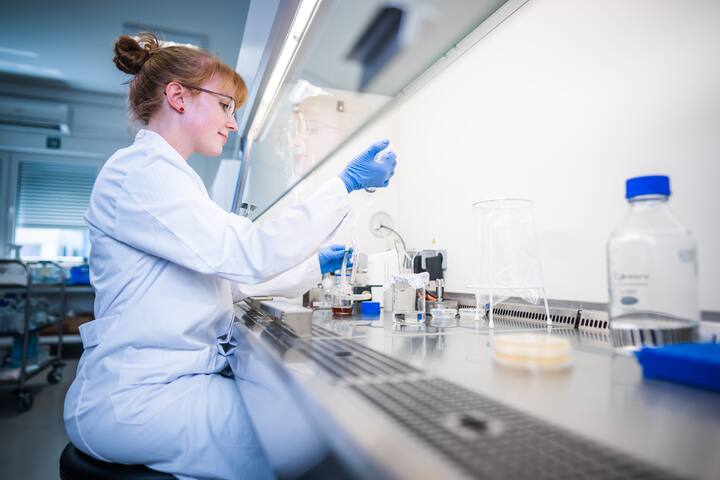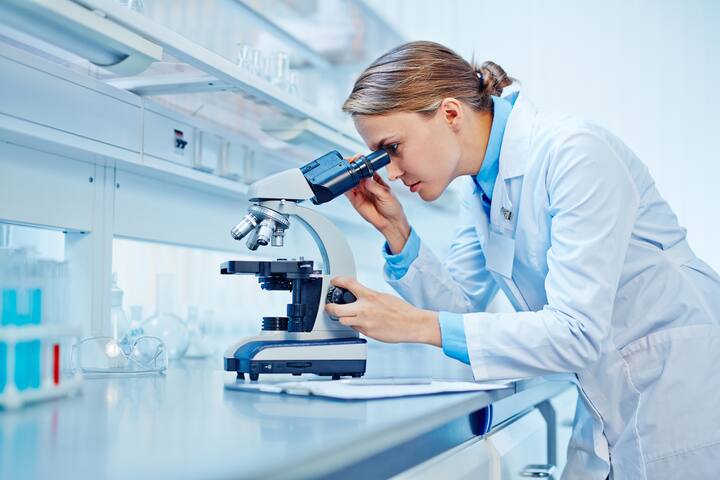
Leading in Microbiological Analysis
Microbiological analysis
To guarantee food safety, food companies must continuously conduct microbiological testing on the products they produce. This must be done before the products reach consumers in order to protect them.
Microbiological analysis at a glance
Guarantee food safety
Comply with legal requirements
We perform microbiological analyses for general indicators, pathogens and water testing
We also analyse animal feed
Legally required
Microbiological testing of food is required by law. EU food legislation 178/2002 requires all food companies to market only safe food that will not cause illness in consumers.
Microbiological criteria
Various microbiological criteria for food are also laid down in legislation. Food companies can use these criteria to determine which microorganisms apply to their products and which ones they need to test for. The criteria also enable companies to determine which standards/limits apply. This is used to assess whether the results found comply with legislation and are safe for consumers.
Detection of micro-organisms
To find out if your food meets the requested criteria, we look for different types of microorganisms. In our laboratory, we grow the microorganisms in petri dishes. After an average of 3 to 5 days, we then make a statement about:
The presence of a microorganism in the food (whether or not it has been detected)
The amount of a microorganism in the food (a count)
In addition to the traditional method (as mentioned above), we also use the Real-time PCR method. Based on the genetic material (DNA) of microorganisms, we make a statement about whether or not these are present in the food.
A selection of our investigations
Below you will find a selection of the microorganisms for which we can perform a microbiological analysis.
General indicators | Pathogens | Water investigation |
|---|---|---|
(An)aerobic colony count | Listeria monocytogenes | E. coli |
Enterobacteriaceae | Listeria spp | Coliforms |
Coagulase positive staphylococcus | Salmonella spp | Colony count at 22˚C / 36˚C |
Coliforms | E. coli 0157 | Enterococci |
Streptococci | STEC | Legionella |
Yeast & Fungi | Bacillus cereus | |
Lactobacilli | Campylobacter | E. coli |
Lactic acid bacteria | Clostridium perfringens | |
Sulfite-reducing Clostridia |
These services might also be of interest to you
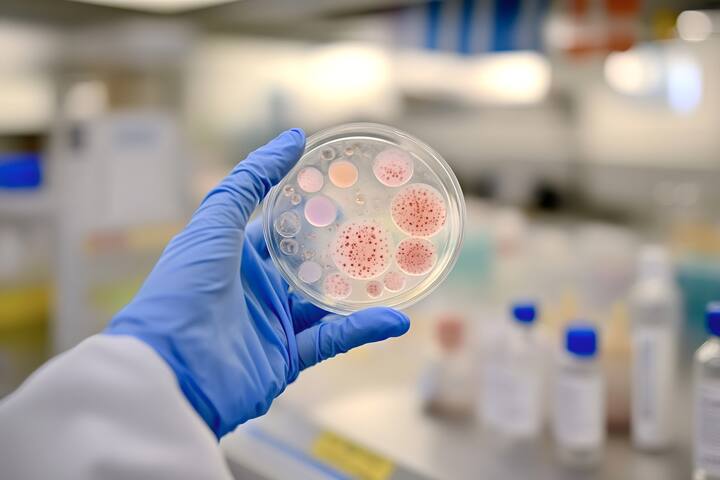
Analysis microbiological plan
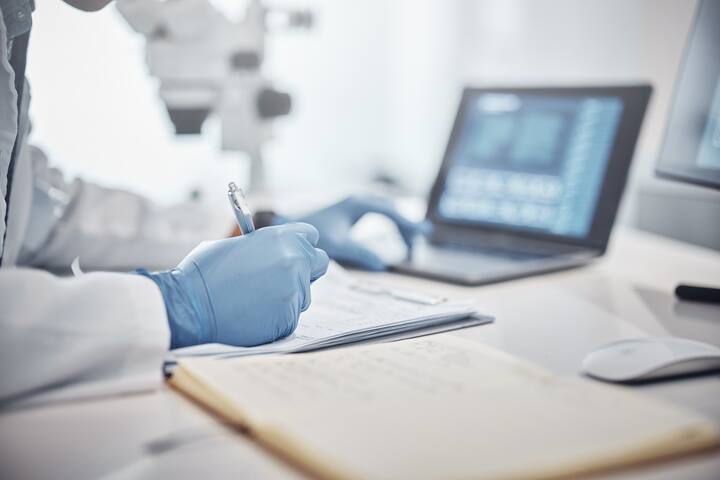
Shelf life study
Leading companies in this service
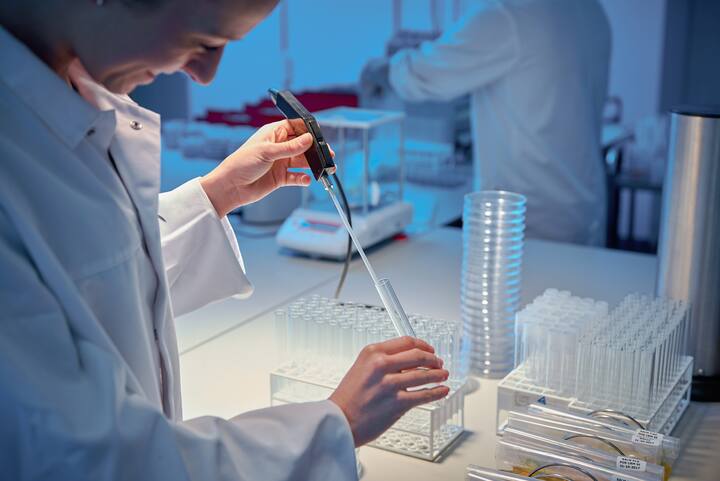
Normec Foodcontrol
Wetteren Belgium

Normec Micro Smedt
Herentals Belgium
Do you want to create a safe and healthy working and living environment?
FAQ
Frequently asked questions
Microbiological analysis is legally required to ensure food safety. It helps you detect harmful micro-organisms and comply with EU regulation 178/2002, preventing unsafe products from reaching the consumer.
You can request tests for general hygiene indicators, pathogens, and water quality. This includes detection of Listeria, Salmonella, E. coli, yeast, mould, and more.
Within 3 to 5 days, you receive a clear statement about the presence of specific micro-organisms in your product and, if detected, the amount found (a count).
